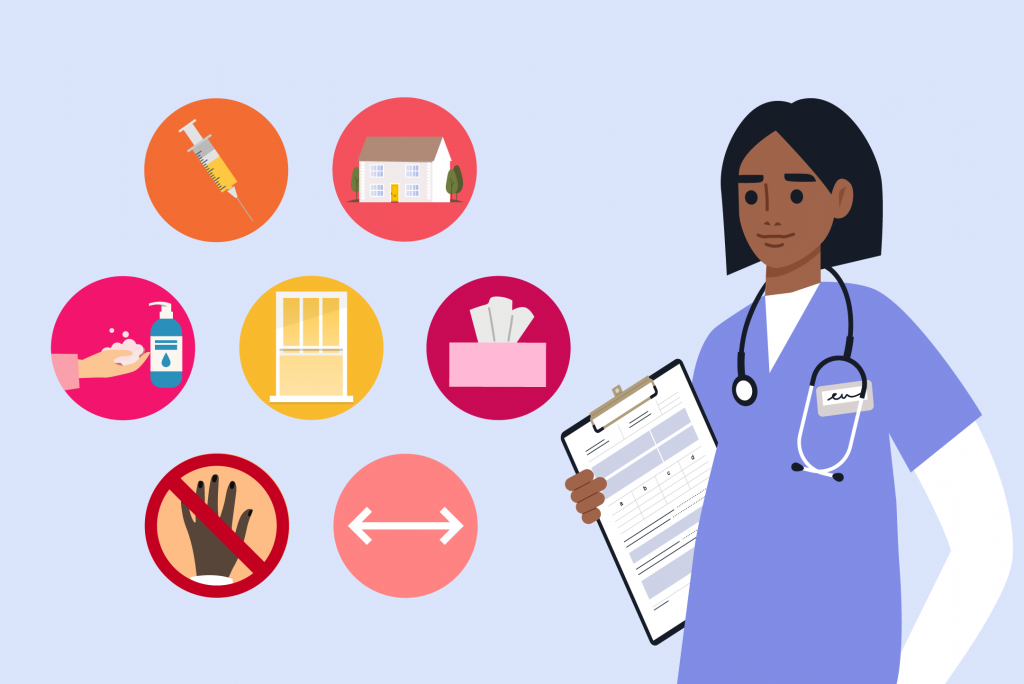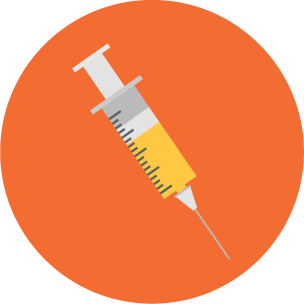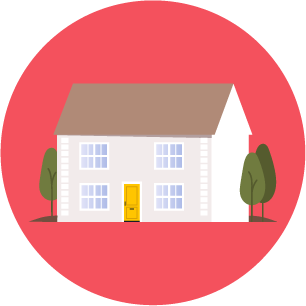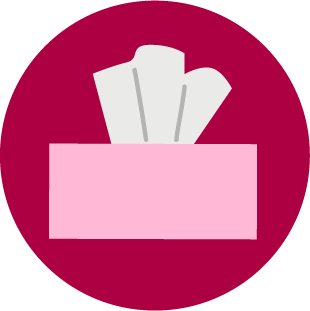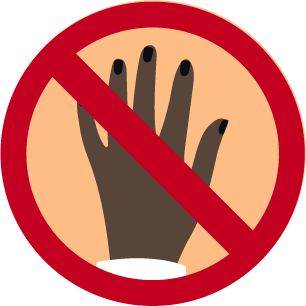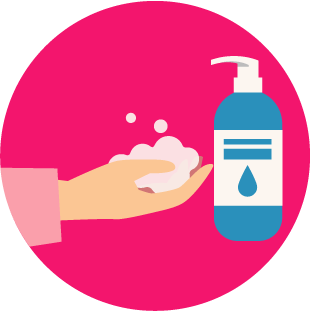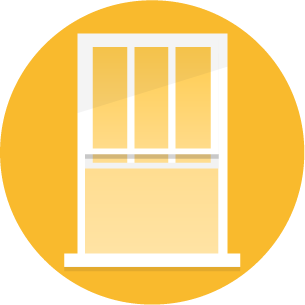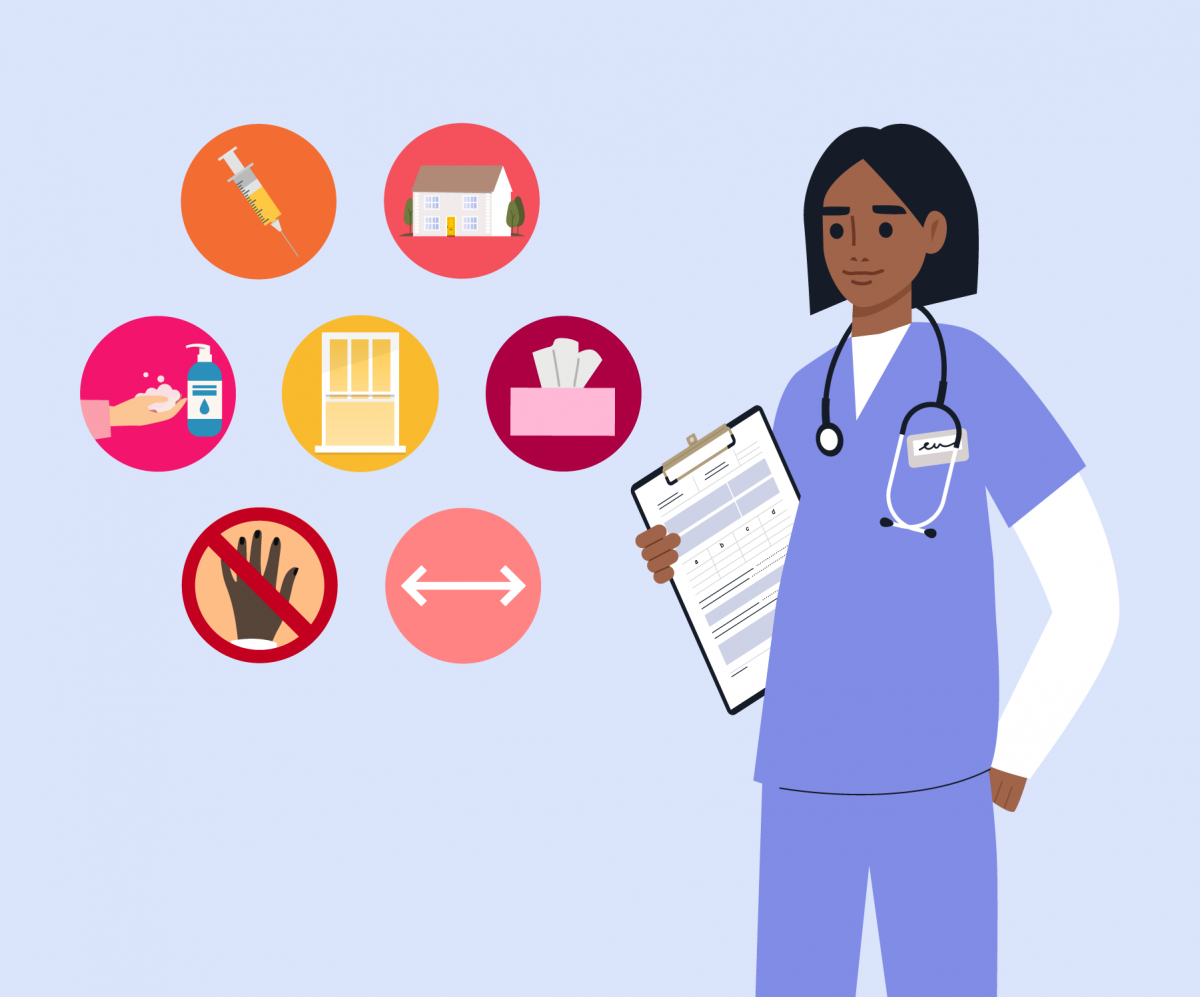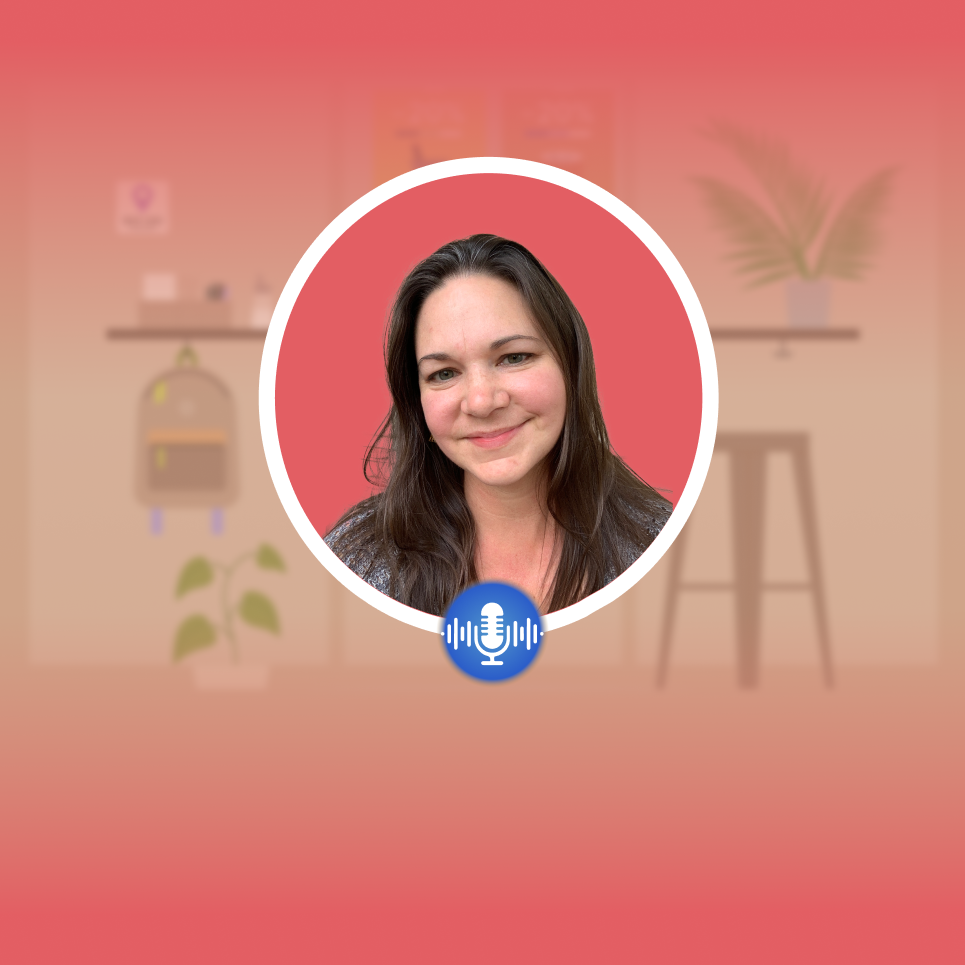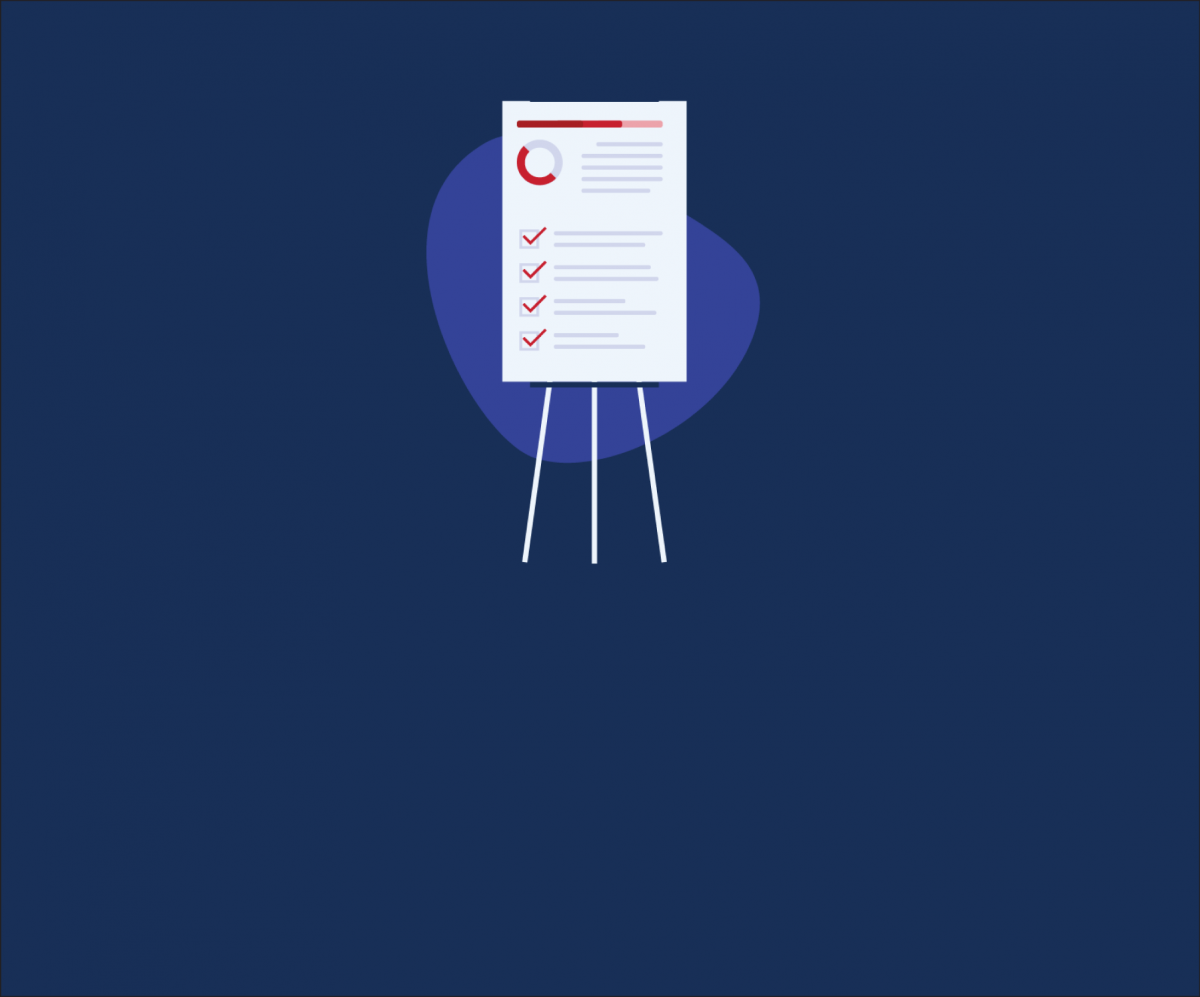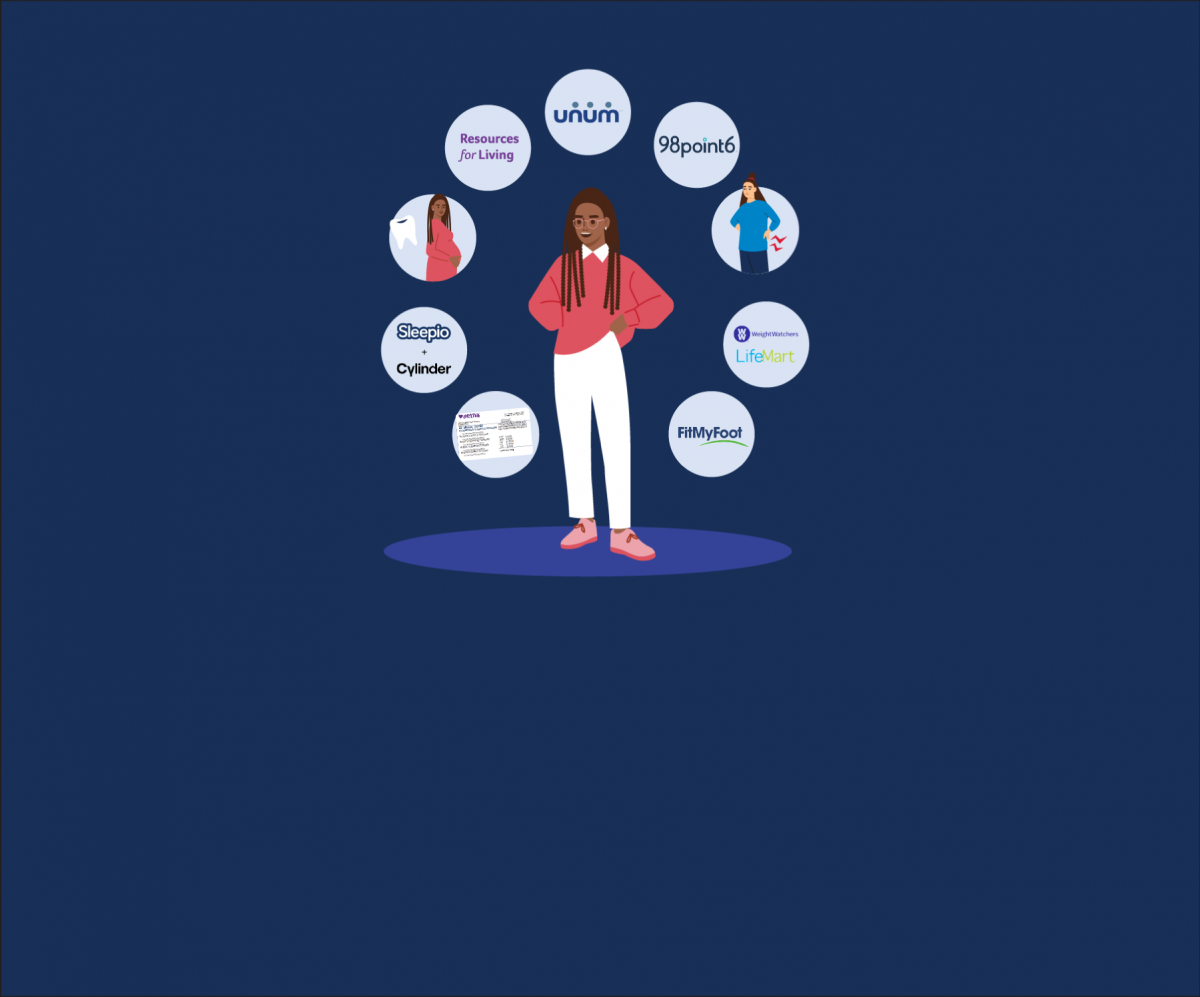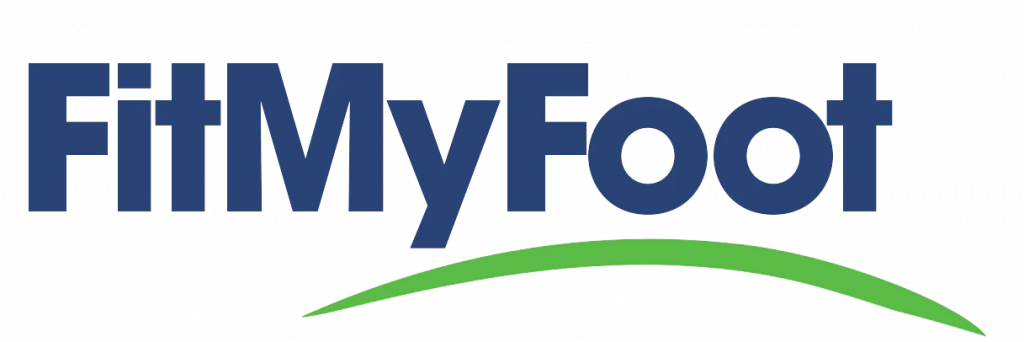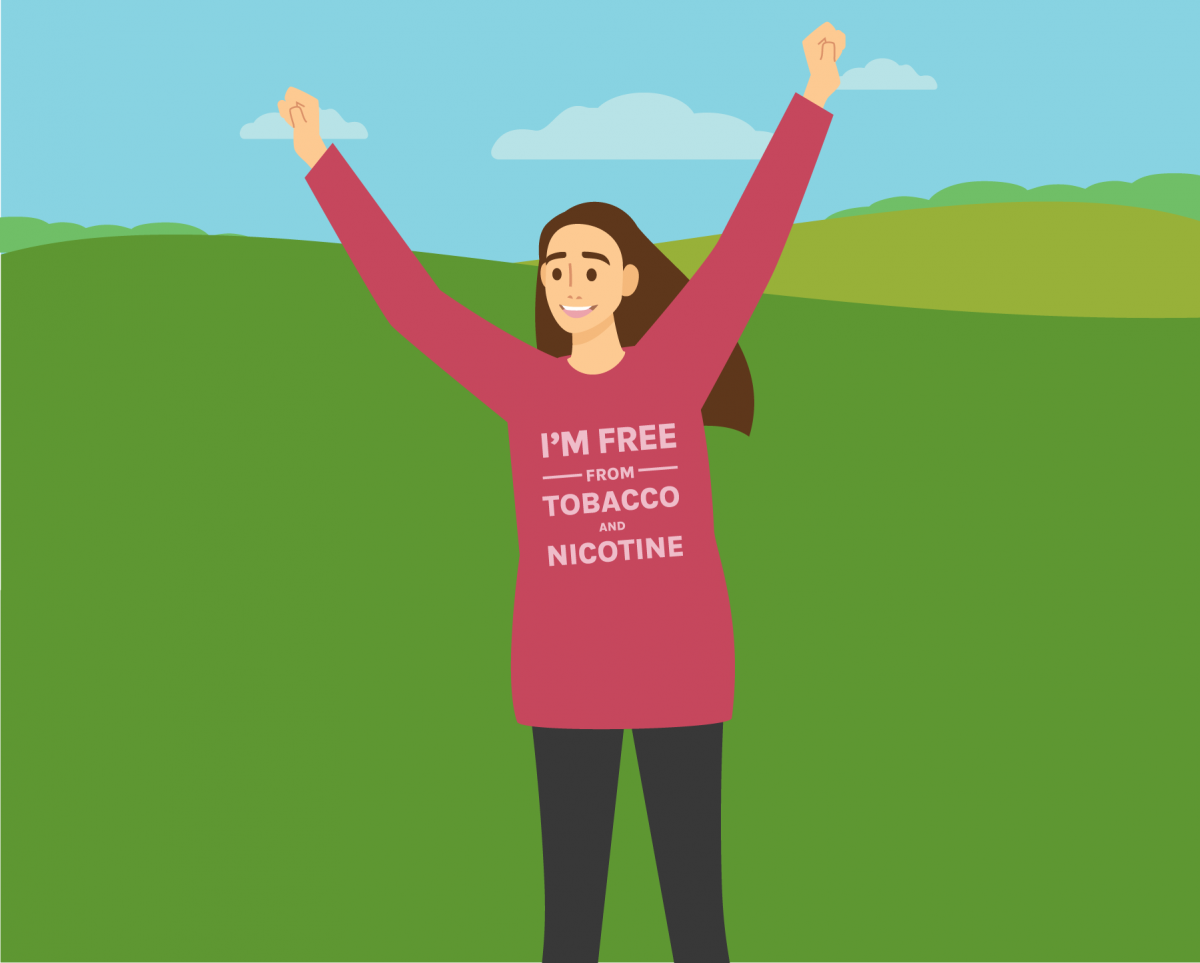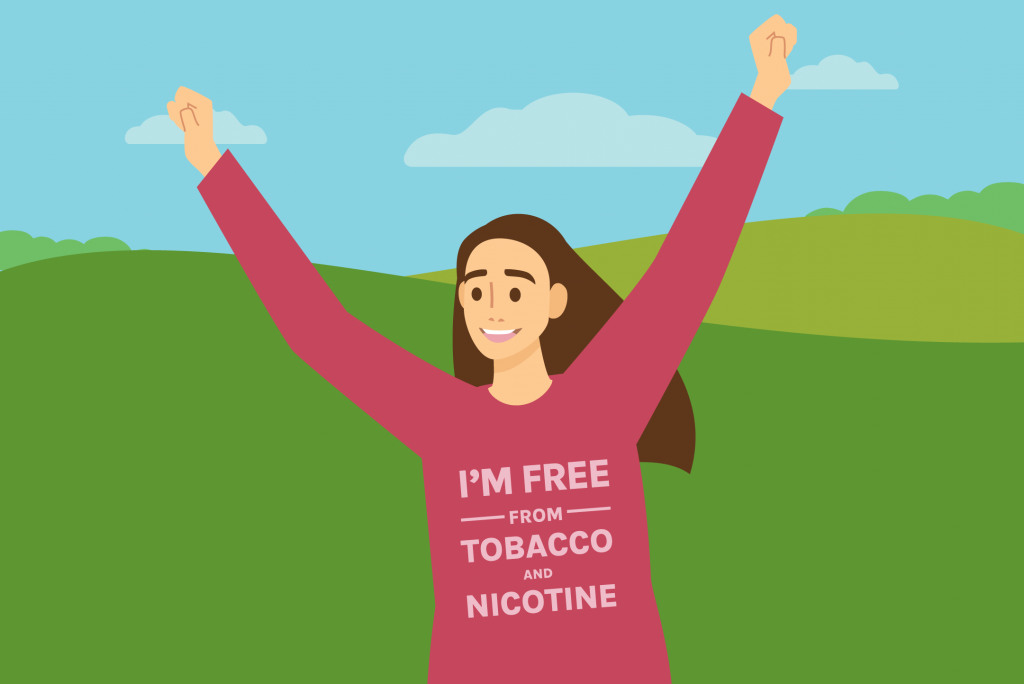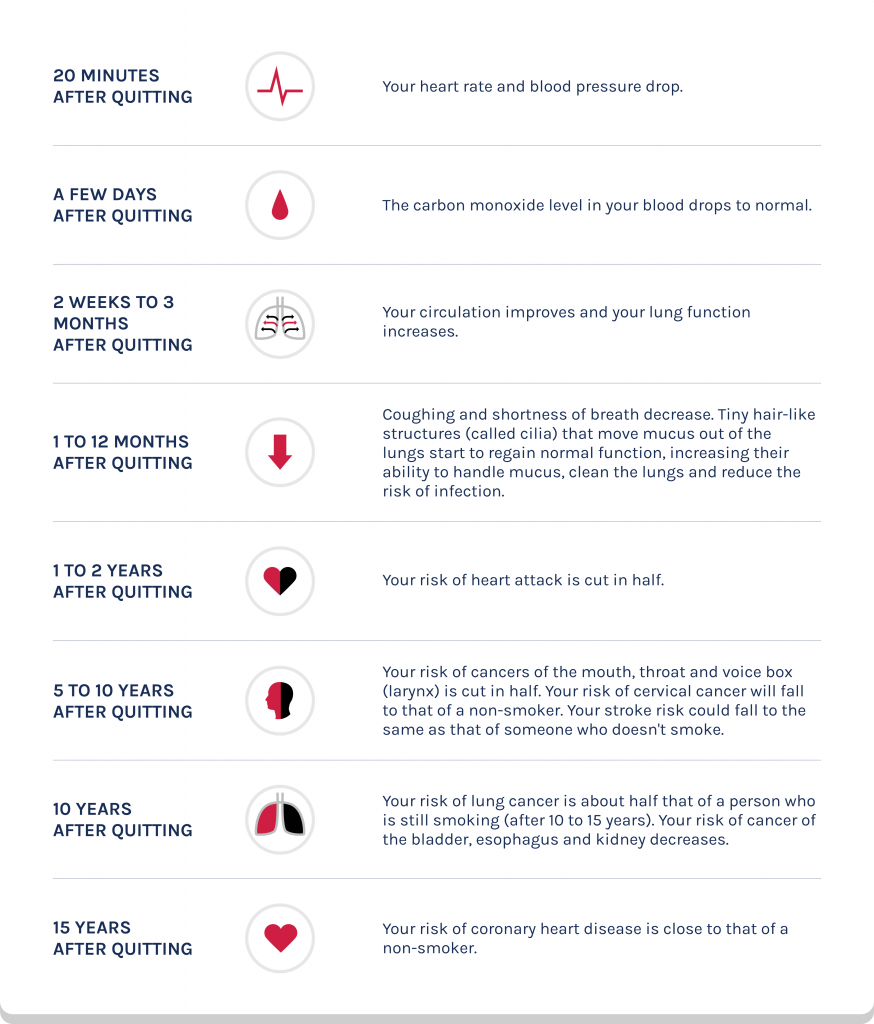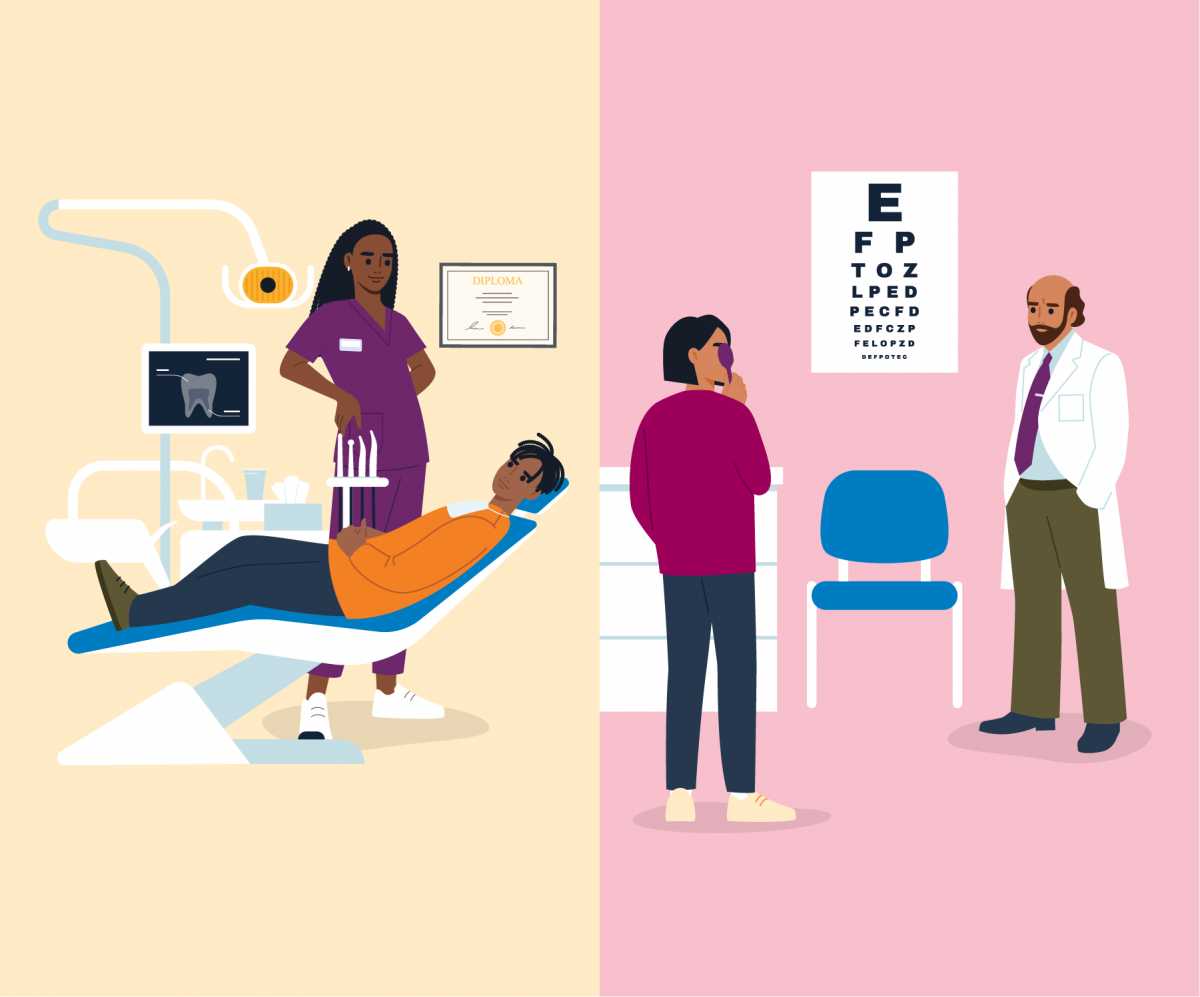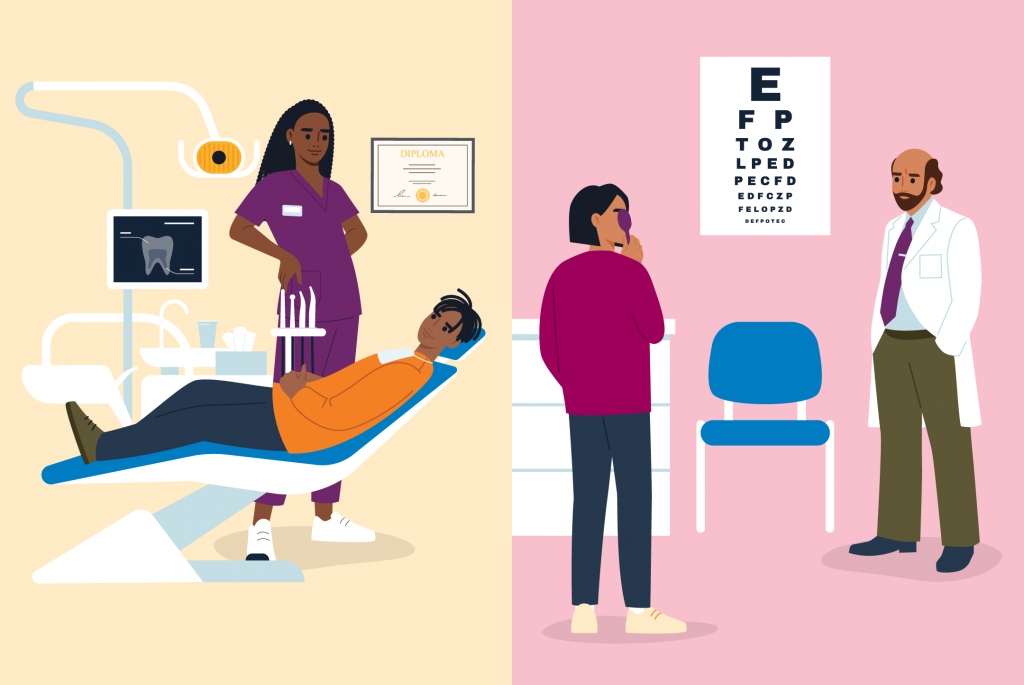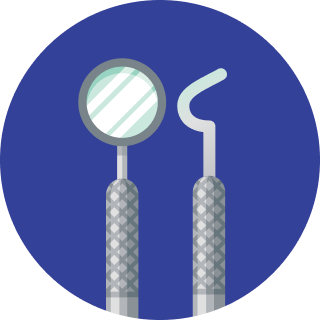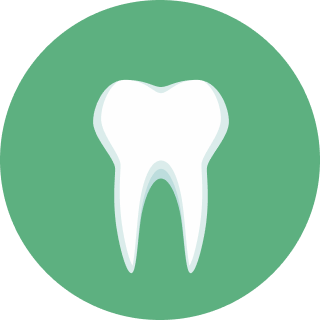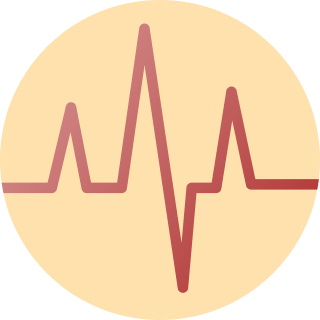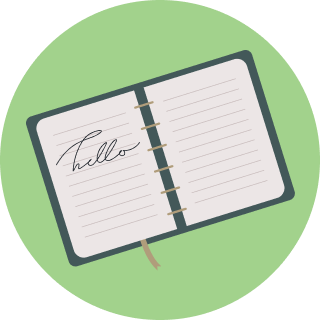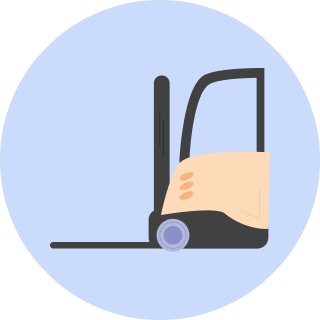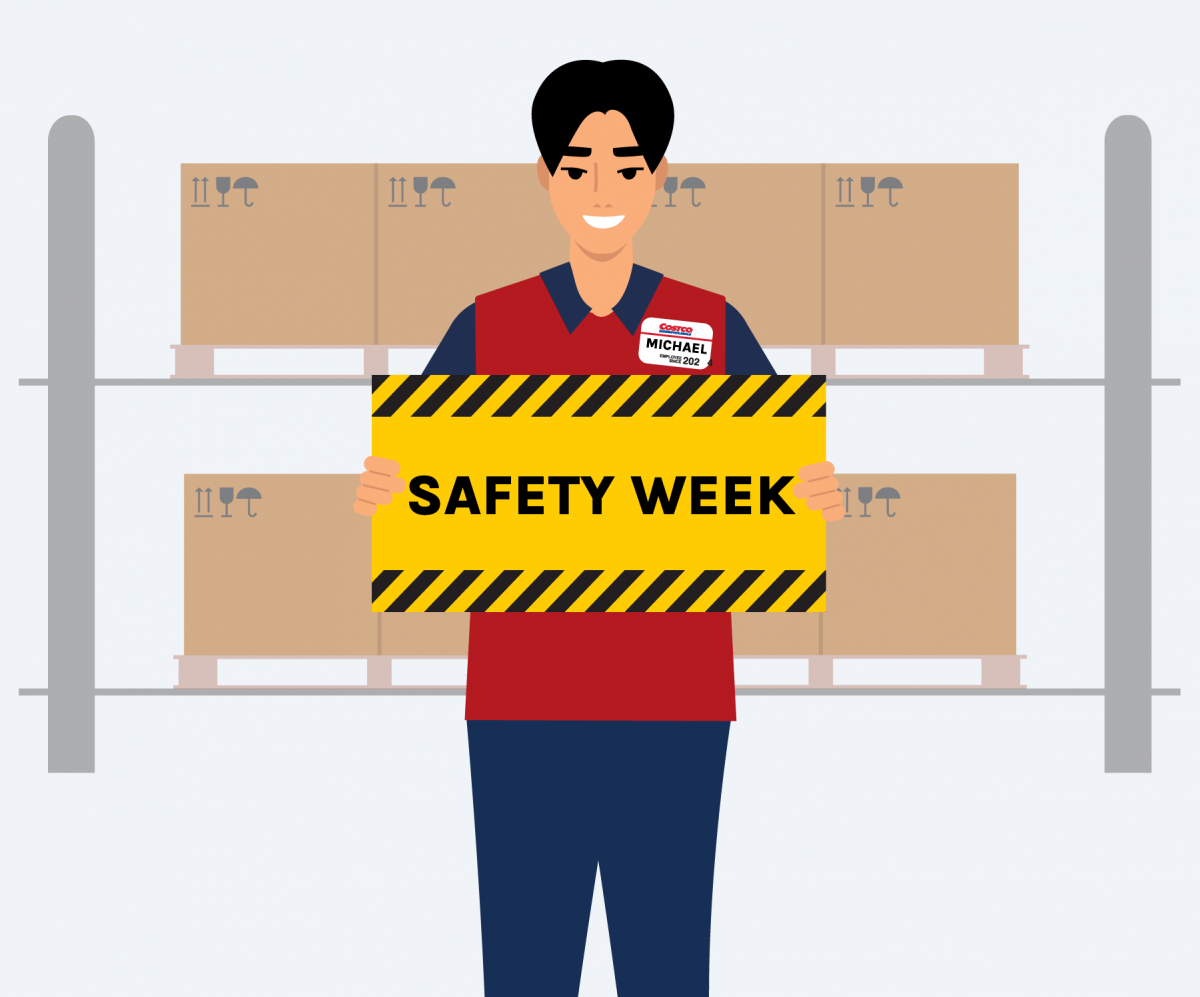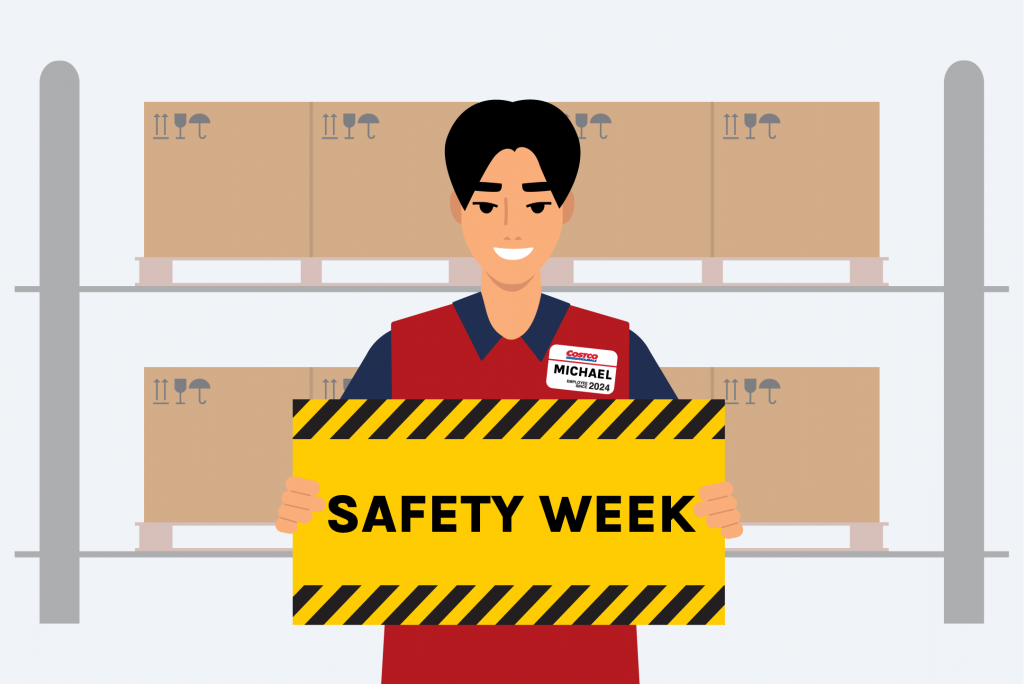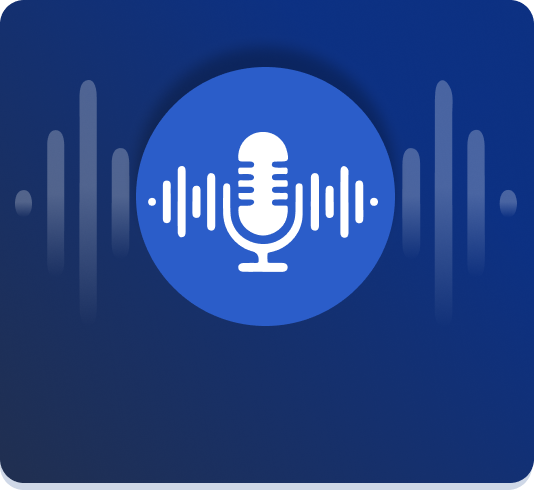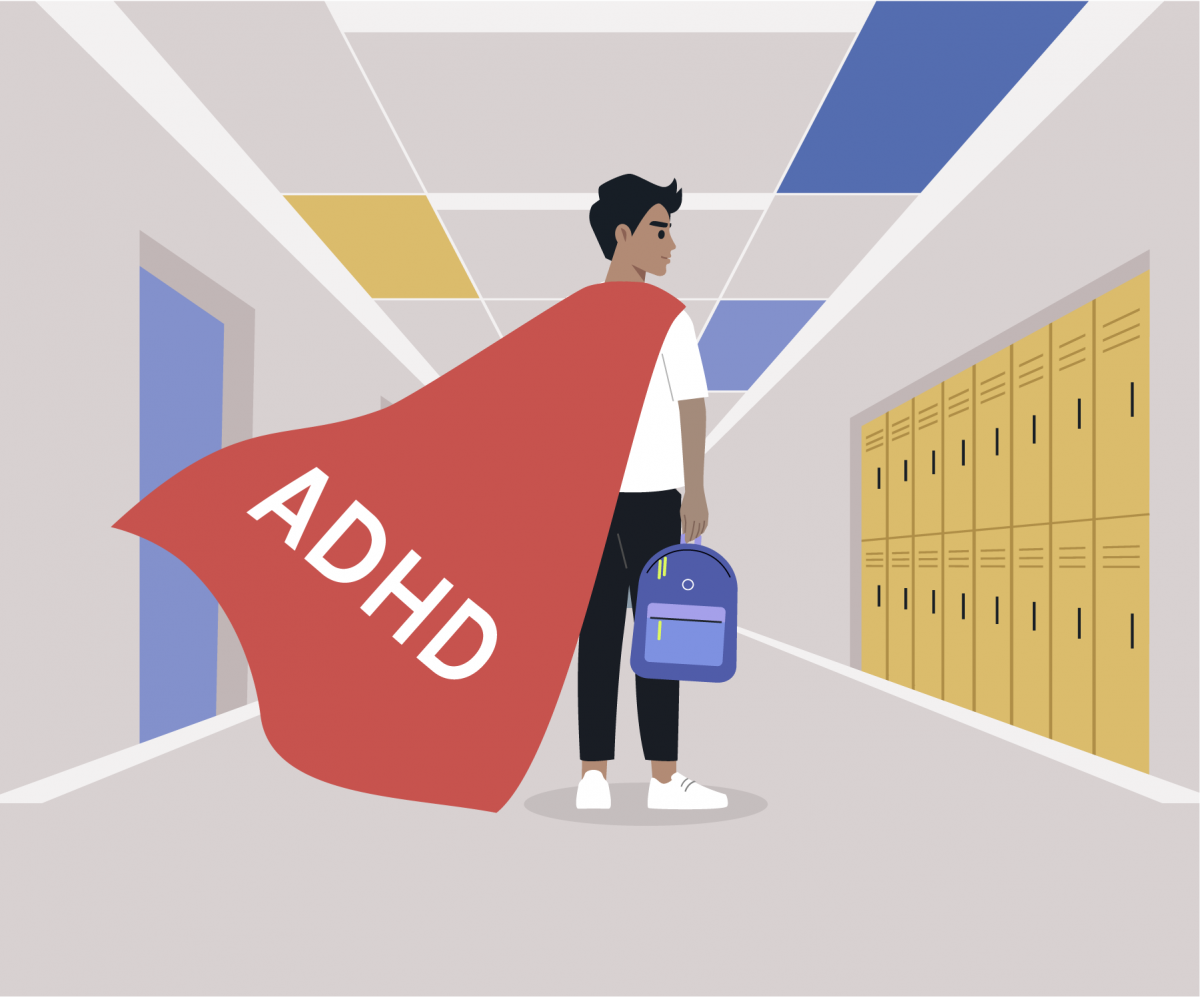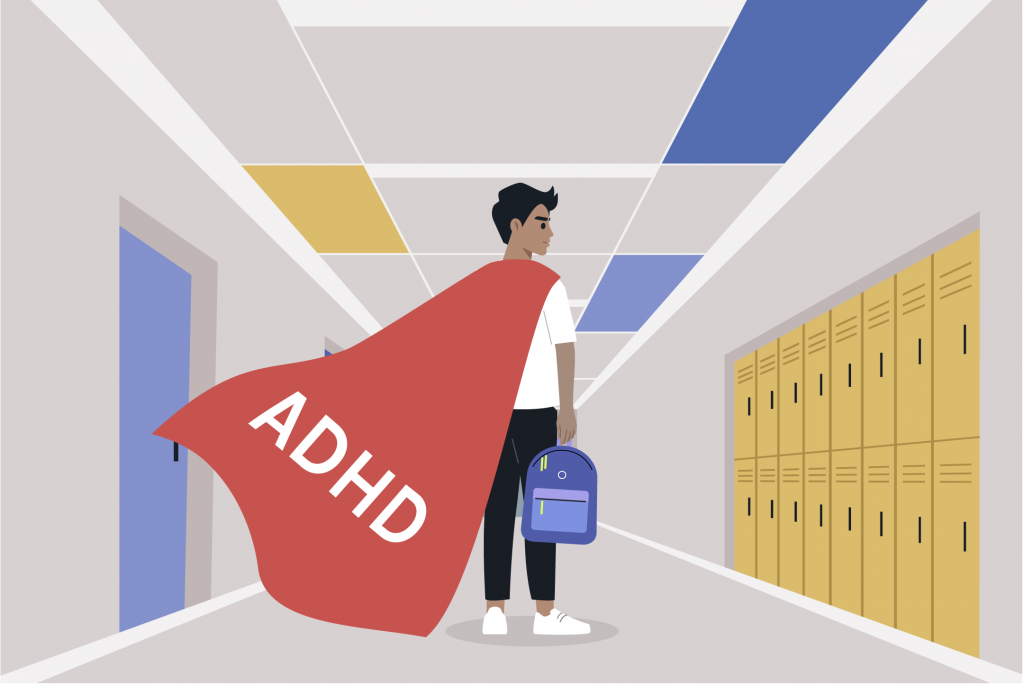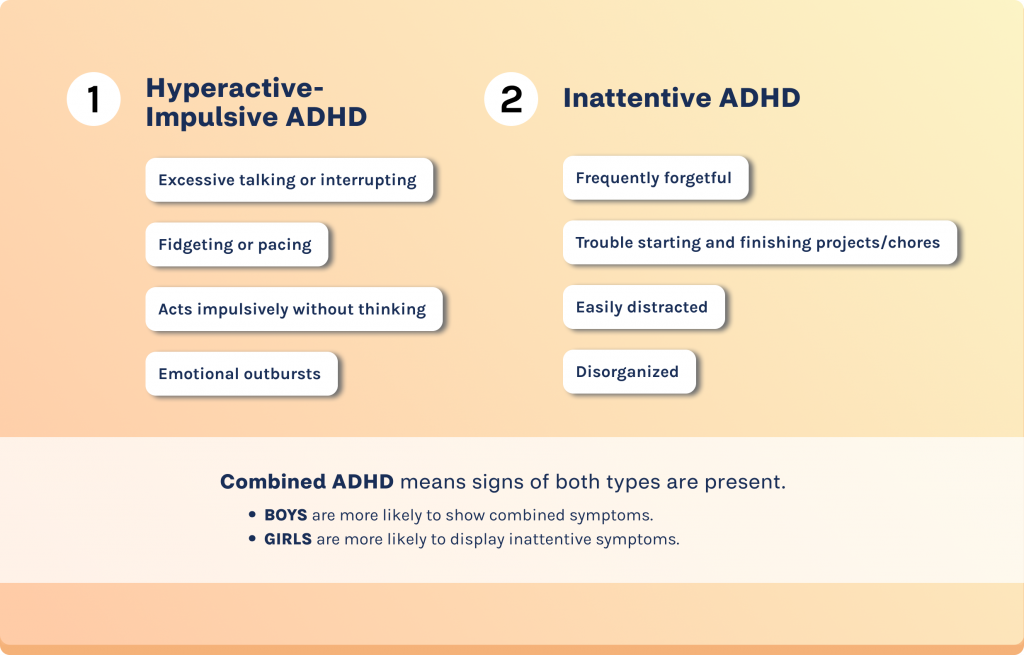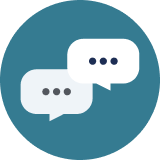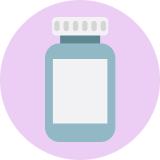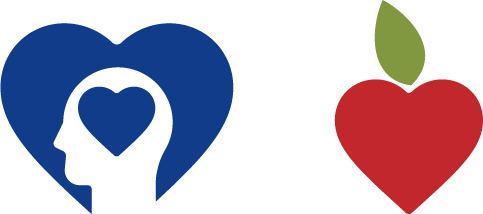Want to know what’s coming in 2025? Watch this new video so you can learn about the new and enhanced benefits arriving soon.
♪ ♪ Narrator:
Your health and the health of your family is a top priority at Costco. That’s why we are committed to providing you and your family with affordable benefits that help you receive quality care whenever needed. In 2025, you will see enhancements to your Costco benefits. Here’s everything you need to know.
Let’s start with the update to your Aetna ID card. Starting in 2025, you and your family members enrolled in an Aetna medical plan will have a primary care physician, or PCP, listed on your Aetna ID card. Access to a PCP is important for your health. If you don’t already have a PCP, one will be assigned to you to help make it easier for you and your family members to access care. You can change the PCP listed on your ID card at any time.
This is not a change to your medical plan. It’s not an HMO, so you are not required to see this PCP for care. You don’t need a referral to see a specialist either. If you have seen a PCP in the last two years, that provider will be listed on your card. If you see a nurse practitioner or physician’s assistant as your PCP, their supervising physician or the practice will be listed on your card. If you have any questions or would like to change the PCP on your card at any time, call your Aetna health concierge.
Now, let’s talk about some new incentive programs. In 2025, if you’re enrolled in an Aetna medical and dental plan, you and your enrolled family members can receive a $50 credit towards your annual medical deductible or co-insurance when you get at least one annual dental cleaning. Employees and their spouses or domestic partners can earn up to a $400 credit towards their annual medical deductible or co-insurance when you enroll in the Aetna program and engage during and after your pregnancy. To learn more and sign up for the Aetna maternity program, call the maternity team or visit Aetna.com/Maternity.
Let’s move on to chiropractic care. In 2025, the Aetna medical plan will cover up to 30 visits per year for chiropractic care. You’ll no longer need to meet your plans deductible and co-insurance, only your plan’s PCP copay will apply.
Now, here’s an update on virtual medical care from 98point6. 98point6 is an app that offers on-demand text-based access to virtual medical care for employees and their dependents age one and older enrolled in the medical plan. In 2025, the cost per visit is $0.
If you suffer from foot, knee or back pain, custom foot insoles may help. Beginning in 2025, all employees and their family members will have access to custom foot insoles at $80 per pair from Fit My Foot. No prescription is needed. To place an order, first download the Fit My Foot App and use it to scan your feet. Then visit FitMyFoot.com/CostcoEmployee to place your order. Your custom foot insoles will be shipped to your home address. For employees and dependents enrolled in an Aetna medical plan, up to three pairs of insoles per year are covered. Deductible and co-insurance apply.
Now, let’s talk about new services available through Resources for Living. Finding the right therapist can be a journey. Resources for Living can help. With RFL, you have access to six free therapy sessions per issue, per year with a few different ways to find a therapist. You can call RFL to connect with a care partner who can help you find a therapist, chat with a care partner online at the RFL website, access chat therapy with Talkspace, or search the RFL provider network on the RFL website.
In 2025, RFL will offer expanded access to mental health providers and new search options through the Alma Virtual Care Network. Log in to the RFL website and search the virtual therapy network by provider type, specialty, availability, language, religion, and more. Select your provider and schedule a free fifteen-minute consultation. Not the right fit? You can schedule as many free consultations as you need to find the therapist who’s right for you. Once you’ve selected your therapist, you still have access to all six of your free therapy sessions.
In 2025, you can also connect one-on-one with a well-being coach for free and confidential coaching sessions to work toward your personal goals. Your coach can help you with almost any goal. For example, they can help you develop better eating habits, learn time management skills, be mindful of your finances, step outside of your comfort zone, manage a relationship transition and more. Connect with Resources for Living in 2025 to get started.
You also have access to discounted services with Weight Watchers and LifeMart. Weight Watchers has new lower monthly rates. To learn more or register now, visit WW.com/Costco. Also, be sure to check out LifeMart, your employee discount center for discounts on gym memberships, virtual fitness and child care programs.
Now, let’s talk about some new benefits programs available to Costco employees. In 2025, employees and their family members age 18 or older who are enrolled in a Costco medical plan can access Sleepio, an online sleep improvement program at no cost. Sleepio is clinically proven to help you clear your mind, get better sleep, and have better days in just six weeks. You can get started by completing a coverage check on the Sleepio website. Then download the Sleepio app, create your account, complete the baseline sleep quiz and start seeing the benefits of Sleepio.
Your new digestive health program, Cylinder, is available now. Cylinder is available at no cost for employees and dependents age 18 or older enrolled in a Costco medical plan. Download the Cylinder app or visit the Cylinder website and use company code Costco to get started. Order your free microbiome test kit and connect with your care team to identify triggers and help relieve symptoms.
Finally, let’s talk about life insurance. If you have family members enrolled in a Costco Medical Plan, they automatically receive basic life insurance through Unum at no cost to you. In 2025, this coverage is increasing from $1,500 to $3,000 for each enrolled dependent.
Your new benefits are available January 1st. If you have any questions or need more information, just visit Costcobenefits.com. Thanks for watching and remember, we’re in this together.
To ensure that you and your family members enrolled in the Aetna medical plan have access to a primary care physician (PCP), a PCP will be assigned to you and your enrolled family members on your Aetna® ID card. Their phone number will be provided so you can call to schedule your preventive care or a new patient appointment. If you already have a PCP you’ve seen in the last two years, that provider will be the name on your card
*Available to the Mainland only.
**Not available in Puerto Rico.

